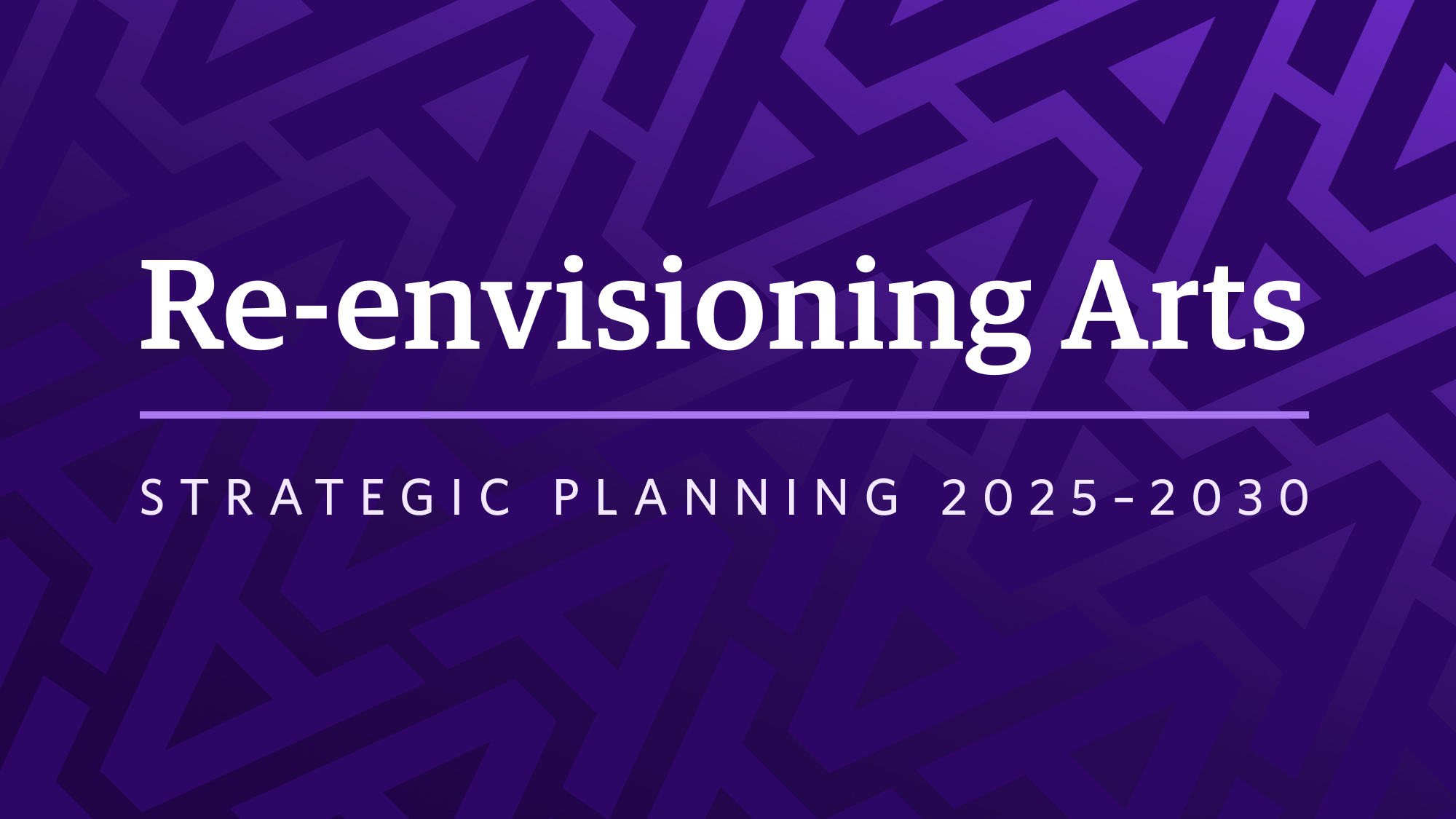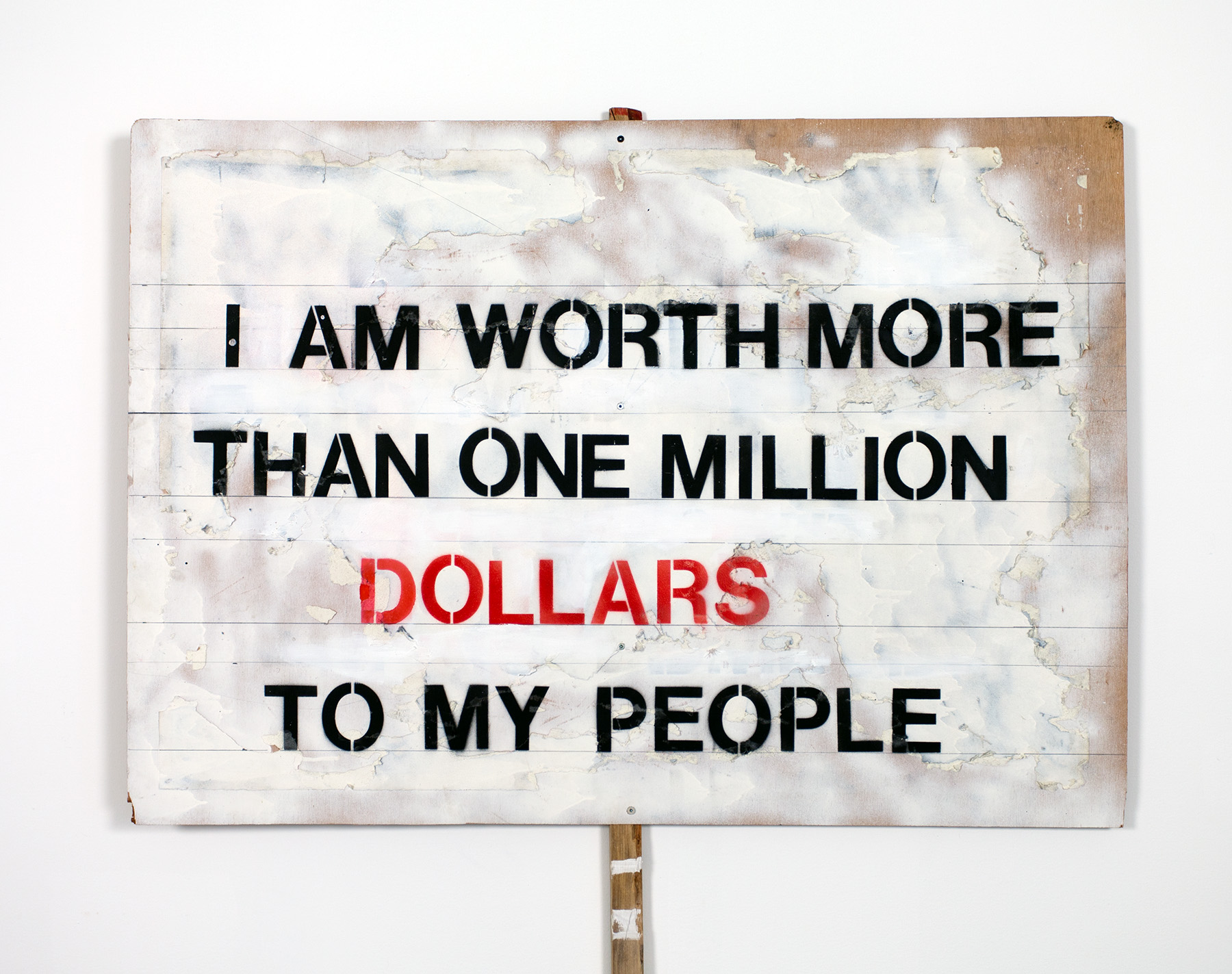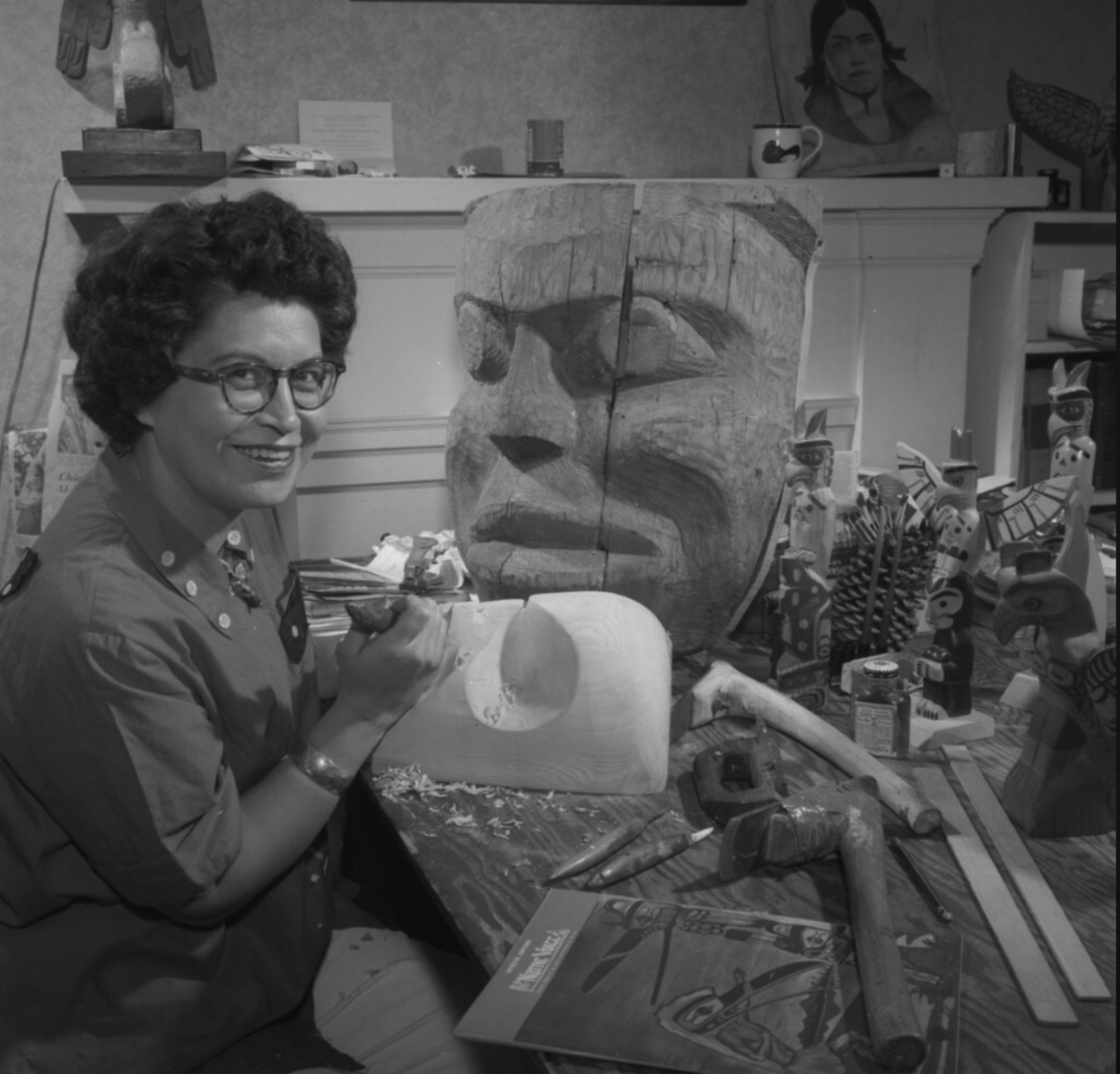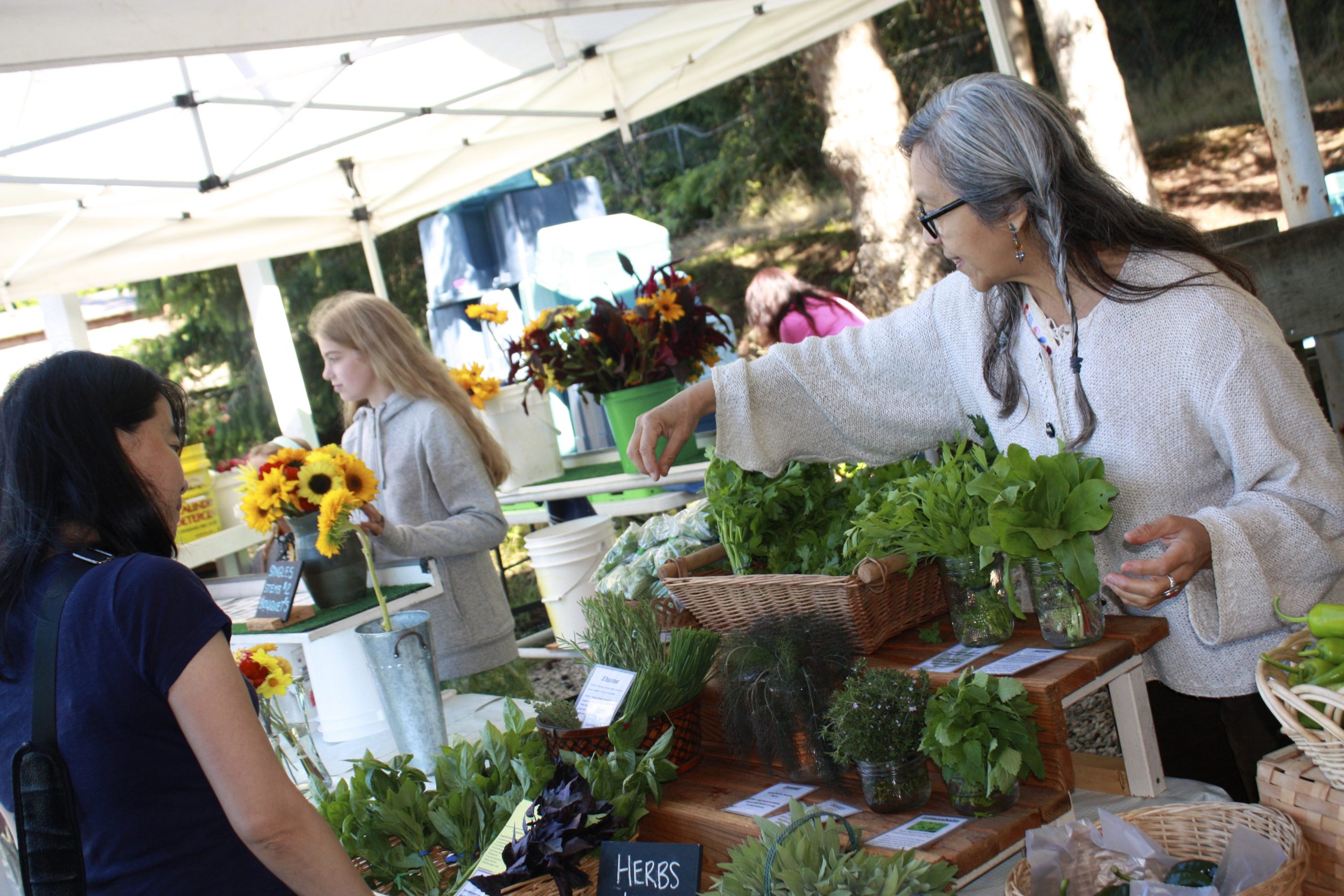

The Faculty of Arts is embarking on a strategic planning process that will result in a new five-year strategy for our students, faculty and staff.
With opportunities for engagement from across our community, we hope you will work with us to re-envision Arts. Please join us in this exciting journey of listening and dialogue by attending an upcoming focus group to share your perspectives on the future of our Faculty.
We need your input and your energy to help build this plan and give it life!
Please watch the video below for a personal message from Dean Clare Haru Crowston on how you can contribute.
Join us at an upcoming focus group
We are pleased to be offering a series of focus groups to accommodate your varying schedules and needs. Along with “general admission” sessions for all members of our community, there will be targeted sessions to ensure we gather feedback from specific and historically marginalized community groups.
We encourage you to sign up for sessions that are most aligned with your personal experiences with the Faculty of Arts. Our process aims to center Justice, Equity, and Inclusion, and our targeted focus group sessions are intended to ensure that specific and historically marginalized community groups will be heard in this process.
- Reflecting on what makes your work in the Faculty of Arts meaningful to you, what core values should guide the Faculty at this unique moment in time and on this unceded Musqueam land? What fundamental purpose do you believe the Faculty of Arts should serve in society?
- According to our Arts Justice, Equity and Inclusion statement, “Arts is committed to decolonize our research, teaching, and organizational systems. We aspire to uphold the ethics and principles of social justice, equity, and inclusion at every stage in the work we do. This necessitates listening and learning but also unlearning.” What do you think FoA needs to do in order to achieve its Equity, Justice and Inclusion statement and goals?
- Thinking five to ten years out, what does a thriving future for the Faculty of Arts look like to you? What are three things the Faculty of Arts should be known for, and why?
General focus group sessions
The upcoming in-person focus group sessions will be held on the UBC Point Grey campus. More details will be provided upon registering for a session.
Monday, February 26
- 10:00 AM to 12:00 PM
Tuesday, February 27
- 10:00 AM to 12:00 PM
Thursday, February 29
- 9:00 AM to 11:00 AM
Monday, March 4
- 10:00 AM to 12:00 PM
- 1:00 PM to 3:00 PM
Friday, March 8
- 10:00 AM to 12:00 PM
Monday, March 11
- 10:00 AM to 12:00 PM
- 2:00 PM to 4:00 PM
Tuesday, March 12
- 10:00 AM to 12:00 PM
- 2:00 PM to 4:00 PM
Friday, March 22 (Students only)
- 1:30 PM to 3:30 PM
The upcoming virtual focus group sessions will be held online through Zoom. More details will be provided upon registering for a session.
Friday, March 1
- 1:00 PM to 3:00 PM
Thursday, March 7
- 1:00 PM to 3:00 PM
Monday, March 18 (Students only)
- 1:00 PM to 3:00 PM
Monday, March 25
- 10:00 AM to 12:00 PM
- 1:00 PM to 3:00 PM
Targeted focus group sessions
We recognize that if you identify as being part of a historically marginalized group, you may feel more comfortable attending a focus group with your fellow community members. In that spirit, we will be offering the following targeted sessions:
- People with Disabilities
- Members of the Black community
- Members of the Indigenous community
- Members of the LGBTQ2SIA+ community
- Racialized community members
Dates and locations of these events are still being determined, with the goal of ensuring that interested participants can be accommodated when scheduling. To participate in any of these opportunities, please proceed to our registration link where you can indicate your interest in attendance and our project coordinator will reach back to you with your confirmed event details.
Each targeted session will be expertly facilitated by one of these community leaders:
People with Disabilities
Dr. Jennifer Gagnon is a Lecturer in the School of Journalism, Writing, and Media at the University of British Columbia (UBC). She has taught in a wide range of programs including Political Science, Classics, Academic Writing, International Education and more. Her research is interdisciplinary and embraces topics in Disability Studies, political theory, classics, qualitative methods, Universal Design for Learning (UDL), feminism, and gender. Her main area of research is in Disability Studies, especially as concerns gender, inclusion and exclusion, violence, and visible and invisible disabilities. As an advocate, she is involved in activism and workshop facilitation on Disability Justice, accessibility, a culture of consent, and LGBTQ2SIA+ inclusion both on and off campus. She is the creator and President of UBC’s Disability Affinity Group which works towards the goals of community care and Disability Justice. She is a recipient of the 2021 Killam Teaching Prize at UBC which recognizes excellence in teaching innovation. Dr. Gagnon identifies as a bisexual settler and disabled woman, and strives to bring her whole self to her teaching and research.
Dr. Dana L. Solomon is a researcher, artist, entrepreneur, and advocate for human rights and equity. She has both an MA and PhD in Interdisciplinary Studies and fifteen years of experience developing innovative and effective strategies for reducing systemic inequities facing multiple communities in diverse settings. Her research includes the impact of weight bias within the medical profession, ideologies of genocide and international conflict, and Ideologically Challenging Entertainment. She has almost fifty creative and academic publications, including her book, Ideological Battlegrounds: Entertainment to Disarm Divisive Propaganda. Dr. Solomon serves as the Vice President of the Disability Affinity Group at the University of British Columbia and owns and operates her own business, D-Editions and Chalmers Solomon Solutions.
PJ Rayner: is currently working with the Faculty of Arts to help structure program or departmental level curricula. This work includes consulting on the development of program outcomes, curriculum mapping, and course (re)design. They come to this work with 10 years of experience working in educational development, and with a focus on community engaged learning, indigenous pedagogies, and experiential learning. They hold a Master’s degree from UBC’s Department of Educational Psychology.
Members of the Black community
Parker Johnson is a group facilitator, coach, mediator, intercultural educator, and organizational change specialist who is committed to building just, equitable, diverse and inclusive groups, organizations and communities. With his diverse array of interests, skills and experiences, he brings care, curiosity, humanity, and openness to his work. Parker studied administration, planning and social policy at the Harvard University Graduate School of Education, and rounds out his education with practical application in mediation, coaching, intercultural communication and anti-oppression work. He worked for the City of Vancouver for 10 years in the Equal Employment Opportunity Office delivering inclusive and respectful workplace workshops, conflict mediation, leadership development, and harassment investigations, along with employment outreach to diverse communities. His specialty is post-secondary educational institutions where he counsels on both staff and leadership development as well curriculum revisions. As a workshop facilitator, he cherishes bringing groups alive through the power of collective storytelling. Although, semi-retired Parker also serves on the board of Hogan’s Alley Society and is involved in community activism.
Dr. Jemima Pierre is Professor of Global Race in the Institute of Race, Gender, Sexuality and Social Justice (GRSJ) at the University of British Columbia and a research associate at the Centre for the Study of Race, Gender and Class at the University of Johannesburg. Trained as a sociocultural anthropologist in the African Diaspora Program at the University of Texas, Austin, her research and teaching engages with Africa and the African diaspora across three broad areas of inquiry: 1) the relationship of political economy to race, as articulated through capitalism, white supremacy, and imperialism; 2) migration, transnationalism, and diaspora; and 3) the ethics and politics of western knowledge production and disciplinary formation.
Members of the Indigenous community
Amy Perreault is the Associate Director, Indigenous Initiatives at the Centre for Teaching, Learning and Technology (CTLT) at the University of British Columbia on the traditional and unceded territory of the Musqueam people. Amy is proudly Red River Métis, with mixed European ancestry. She was born in Thompson Manitoba but spent most of her childhood fishing, picking huckleberries, hiking and being on the land and water ways in the East and West Kootenay’s on the traditional territories and homelands of the Ktunaxa Nation. She holds an MLIS from the UBC School of Information, where she currently serves as adjunct faculty and oversees the First Nations Curriculum Concentration. Amy works with staff, faculty groups, training programs for teaching assistants, new faculty, and administrators, to support the development of a higher standard of professionalism in conducting discussions of Indigenous and other contentious social issues in curricular settings.
Janelle Kasperski: Bio to come
Janey Lew is a Senior Strategist and joined CTLT’s Anti-Racist and Indigenous Initiatives team in August 2015 and is grateful to work and learn at UBC on the unceded, ancestral territories of the xʷməθkʷəy̓əm (Musqueam) people. Janey was born and raised on the unceded territories of the xʷməθkʷəy̓əm, Sḵwx̱wú7mesh (Squamish), and Sel̓íl̓witulh (Tsleil-Waututh) Nations, in what is now known as East Vancouver. She is a second-generation Chinese-Canadian whose family migrated to and settled on Coast Salish territories from the Four Counties (Sze Yup) region of southern China’s Guangdong Province. As Senior Strategist, Janey’s role focuses on faculty engagement, leadership and educational development, and strategic curricular support. As Senior Strategist, Janey also provides guidance and leadership to the Indigenous Initiatives team for its core programs, services, and educational resources including the Indigenous Initiatives Design Series, Anti-Racist Teaching and Learning programming, and the in/relation project. Janey is an experienced facilitator, coach, and mentor in a variety of community and educational settings, and holds a PhD in Comparative Ethnic Studies from the University of California, Berkeley. Prior to joining CTLT, Janey was a post-secondary instructor for ten years and taught in the Asian American Studies Program at UC Berkeley, the English departments at Capilano University and Douglas College, and the First Nations Studies Programs at SFU and UBC.
Dylan Robinson is a xwélmexw (Stó:lō/Skwah) artist, curator and writer. From 2015-2022 he was the Canada Research Chair in Indigenous Arts at Queen’s University. Dr. Robinson’s curatorial work includes the international touring exhibition Soundings (2019-2025) co-curated with Candice Hopkins. His current research project xoxelhmetset te syewa:l, Caring for Our Ancestors, involves working with Indigenous artists to reconnect kinship with Indigenous life incarcerated in museums.
Members of the LGBTQ2SIA+ community
Dr. Janice Stewart is currently the Associate Dean Faculty for the Faculty of Arts. Janice’s work engages the teaching and learning benefits of socially networked, online Community Mapping tools and the unique potential of locative media for social justice initiatives on the UBC campus. Social Justice @UBC considers how official knowledge is mapped in ways that typically exclude members of marginalized groups and represent a very partial aggregate of culture. Participatory community mapping projects enable active relationships to public knowledge and new forms of educational innovation and participatory citizenship. Locative media offer a way of making visible hidden stories of place and belonging. Increasing cultural and linguistic diversity in the world today call for a much broader view of literacy. Technologies of community mapping and social justice work positions students as knowledge creators. Flexible learning and community engagement provide a diverse group of undergraduate students a pedagogic infrastructure that will build core research and intercultural competencies.
Parker Johnson is a group facilitator, coach, mediator, intercultural educator, and organizational change specialist who is committed to building just, equitable, diverse and inclusive groups, organizations and communities. With his diverse array of interests, skills and experiences, he brings care, curiosity, humanity, and openness to his work. Parker studied administration, planning and social policy at the Harvard University Graduate School of Education, and rounds out his education with practical application in mediation, coaching, intercultural communication and anti-oppression work. He worked for the City of Vancouver for 10 years in the Equal Employment Opportunity Office delivering inclusive and respectful workplace workshops, conflict mediation, leadership development, and harassment investigations, along with employment outreach to diverse communities. His specialty is post-secondary educational institutions where he counsels on both staff and leadership development as well curriculum revisions. As a workshop facilitator, he cherishes bringing groups alive through the power of collective storytelling. Although, semi-retired Parker also serves on the board of Hogan’s Alley Society and is involved in community activism.
Racialized community members
Dr. Renisa Mawani: is a professor in the Department of Sociology, with research and teaching interests in colonial legal history, historical sociology, and social theory. Her awards include the Association for Asian American Studies Outstanding Contribution to History Book Award for Across Oceans of Law (Duke, 2018), a Killam Prize for Graduate Teaching, and a SSHRC Insight Grant (2018-2023). Dr. Mawani has contributed significantly to the Faculty of Arts as a member of the Asian Canadian and Asian Migration Studies Program Steering Committee and Chair/Co-Chair of the Faculty of Arts’ Law and Society Minor Program, which she co-founded. More recently, she has been a member of the Sociology department’s Executive Committee and a member of the organizing committee for the Annual Racial (In)Justice Lecture (a collaboration with the Department of Anthropology).
Parker Johnson is a group facilitator, coach, mediator, intercultural educator, and organizational change specialist who is committed to building just, equitable, diverse and inclusive groups, organizations and communities. With his diverse array of interests, skills and experiences, he brings care, curiosity, humanity, and openness to his work. Parker studied administration, planning and social policy at the Harvard University Graduate School of Education, and rounds out his education with practical application in mediation, coaching, intercultural communication and anti-oppression work. He worked for the City of Vancouver for 10 years in the Equal Employment Opportunity Office delivering inclusive and respectful workplace workshops, conflict mediation, leadership development, and harassment investigations, along with employment outreach to diverse communities. His specialty is post-secondary educational institutions where he counsels on both staff and leadership development as well curriculum revisions. As a workshop facilitator, he cherishes bringing groups alive through the power of collective storytelling. Although, semi-retired Parker also serves on the board of Hogan’s Alley Society and is involved in community activism.
Janey Lew is a Senior Strategist and joined CTLT’s Anti-Racist and Indigenous Initiatives team in August 2015 and is grateful to work and learn at UBC on the unceded, ancestral territories of the xʷməθkʷəy̓əm (Musqueam) people. Janey was born and raised on the unceded territories of the xʷməθkʷəy̓əm, Sḵwx̱wú7mesh (Squamish), and Sel̓íl̓witulh (Tsleil-Waututh) Nations, in what is now known as East Vancouver. She is a second-generation Chinese-Canadian whose family migrated to and settled on Coast Salish territories from the Four Counties (Sze Yup) region of southern China’s Guangdong Province. As Senior Strategist, Janey’s role focuses on faculty engagement, leadership and educational development, and strategic curricular support. As Senior Strategist, Janey also provides guidance and leadership to the Indigenous Initiatives team for its core programs, services, and educational resources including the Indigenous Initiatives Design Series, Anti-Racist Teaching and Learning programming, and the in/relation project. Janey is an experienced facilitator, coach, and mentor in a variety of community and educational settings, and holds a PhD in Comparative Ethnic Studies from the University of California, Berkeley. Prior to joining CTLT, Janey was a post-secondary instructor for ten years and taught in the Asian American Studies Program at UC Berkeley, the English departments at Capilano University and Douglas College, and the First Nations Studies Programs at SFU and UBC.
The sessions have been designed in part with support from UBC’s Strategy and Decision Support Group.
Strategic Planning 2019-2024
Our strategic plan for 2019-2024 sets out our faculty’s goals and strategies, and identifies opportunities for research excellence, transformative learning, local and global engagement, and collaboration.


